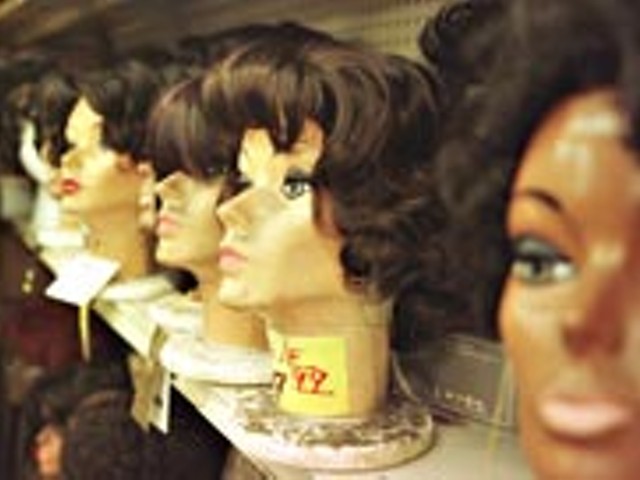Although it may seem willfully obscure, Michael Haneke’s Code Unknown (2000), subtitled Incomplete Tales of Several Journeys, is also a film whose manner is as important as its matter. Devised, for the most part, of a series of relatively short, unedited sequences — no cross-cutting, just continuous, flowing takes separated by blackouts — its narrative of interlocking stories develops by an accretion of what, at first, seems like unrelated details. Haneke’s best-known films, Funny Games (1997) and The Piano Teacher (2001), have been tough-minded intellectual horror movies, and one suspects that part of the reason for the serious formal limitations he has set for himself here derives from a discomfort with the relatively benign, though certainly thorny themes he’s exploring, from a desire to make some cogent observations about modern multicultural Paris without seeming banal.
After a brief opening scene in a school for deaf children, there’s a bravura nine-minute sequence that lays out the stylistic parameters of the film while presenting the event from which the rest of the story radiates. Anne (Juliette Binoche), an actress, is walking down the street when she encounters Jean (Alexander Hamidi), the younger brother of her boyfriend Georges (Thierry Neuvie). Jean has run away from home and needs the entry code for Anne’s apartment where he wants to stay for a while. She gives it to him and then walks on while the camera follows Jean who, either absent-mindedly or with contempt, tosses a crumpled piece of paper into the lap of a woman, an illegal Romanian immigrant named Maria (Luminita Gheorghiu) who is sitting on a street corner begging. A young black man, Amadou (Ona Lu Yenke), confronts him and insists he apologize to the woman. He refuses, a scuffle ensues, the cops arrive and, of course, arrest Amadou and Maria while Jean walks away.
The rest of the film attempts to explain who these people are, or at least give us fragments of their lives so that we can puzzle out the larger context. Haneke’s one-long-take approach can occasionally seem like a parody of avant-garde obstinacy, but more often the effect is one of unforced intimacy. The pieces accumulate and the story begins to make sense, even as the very real world it depicts doesn’t.
Showing exclusively at the Detroit Film Theatre (inside the DIA, 5200 Woodward Ave., Detroit), Monday. Call 313-833-3237.
Richard C. Walls writes about film for Metro Times. E-mail him at [email protected].





